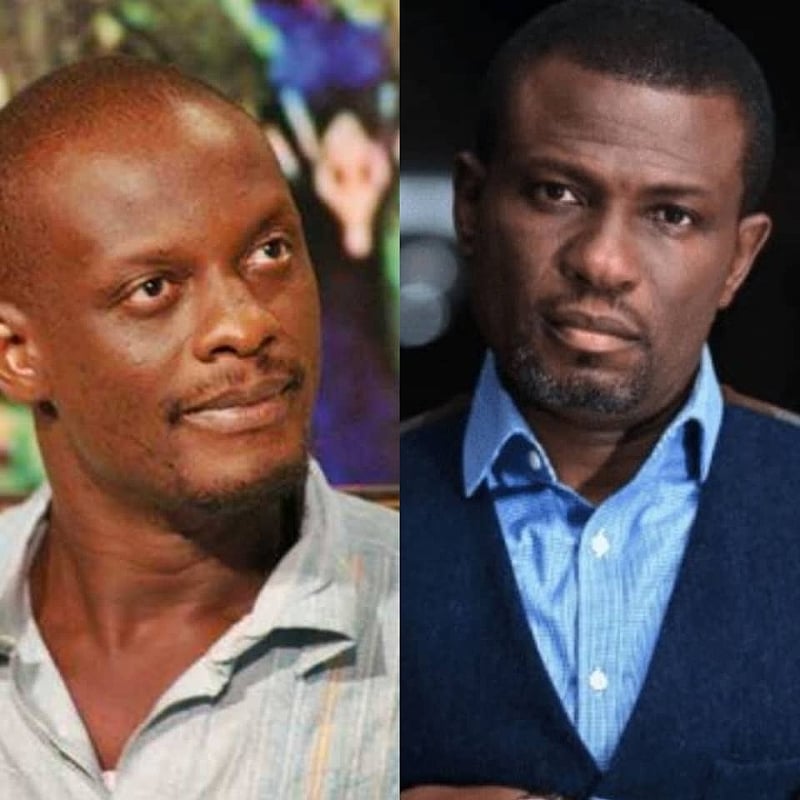Mark Okraku-Mantey, the Deputy Minister for Tourism, Arts, and Culture, recently shared insights into a challenging period in his professional journey during an interview on Adom TV. He specifically discussed his tumultuous relationship with former artist-turned-pastor, Lord Kenya, detailing how an initially close friendship deteriorated into public disputes that severely impacted his reputation. Okraku-Mantey recounted that although many artists have caused him emotional distress, the betrayal he experienced from Lord Kenya remained particularly traumatic and hard to forgive. He reminisced about the bond they once shared, considering Lord Kenya like a brother and even sharing living quarters, which made the fallout more painful.
The Deputy Minister recalled instances where Lord Kenya publicly accused him of misconduct, leading to unwarranted confrontations and accusations from others within the music community. This public fallout reshaped perceptions of Okraku-Mantey, especially in Kumasi, where he faced backlash from fans and artists who believed Lord Kenya’s narrative. Despite Lord Kenya’s previous on-air apologies, Okraku-Mantey indicated that the repercussions of the allegations lingered far beyond those public acknowledgments, highlighting the enduring effects of negative publicity in the tightly-knit music industry.
Okraku-Mantey contrasted this experience with that of the late Daasebre Gyamenah, emphasizing the importance of mutual respect and acknowledgment within their professional relationships. He shared how, despite their differences, Daasebre exhibited respect during an awards ceremony, publicly thanking Okraku-Mantey for his contributions to his success. This gesture stood in stark contrast to Lord Kenya’s actions on the night of his own award, where he only expressed gratitude toward his parents, failing to acknowledge the significant role Okraku-Mantey played in his career.
This divergence in recognition of relationships within the industry highlighted a deeper issue for Okraku-Mantey, who believes that artists should be more appreciative of the support they receive from their managers and producers. His experiences with Lord Kenya and Daasebre illustrated how gratitude and acknowledgment can significantly influence professional rapport and mutual respect. Okraku-Mantey’s reflections serve as a poignant reminder of the human side of the music industry, where personal relationships can influence public personas and careers.
The Deputy Minister’s candid recounting of his experiences not only sheds light on the complexities of artist-manager relationships but also invites a broader conversation about accountability and respect in the creative community. His narrative underscores the emotional toll that misunderstandings and public disputes can take on individuals, particularly in a field that thrives on public image and perception. Okraku-Mantey’s insights resonate as a call for a more compassionate and respectful industry, where artists recognize the contributions of those who support them.
Ultimately, Okraku-Mantey’s interview illuminated a painful yet vital chapter in his life and career, serving as both a personal revelation and a cautionary tale for others in the entertainment industry. His experiences with both Lord Kenya and Daasebre Gyamenah reflect the evolving dynamics of relationships in a professional landscape, where both support and betrayal can redefine success and impact personal well-being. As he navigates his role in the arts and culture sector, Okraku-Mantey’s reflections offer valuable lessons on the importance of mutual respect, gratitude, and the profound consequences of public word and action, urging a more united and appreciative artistic community.














